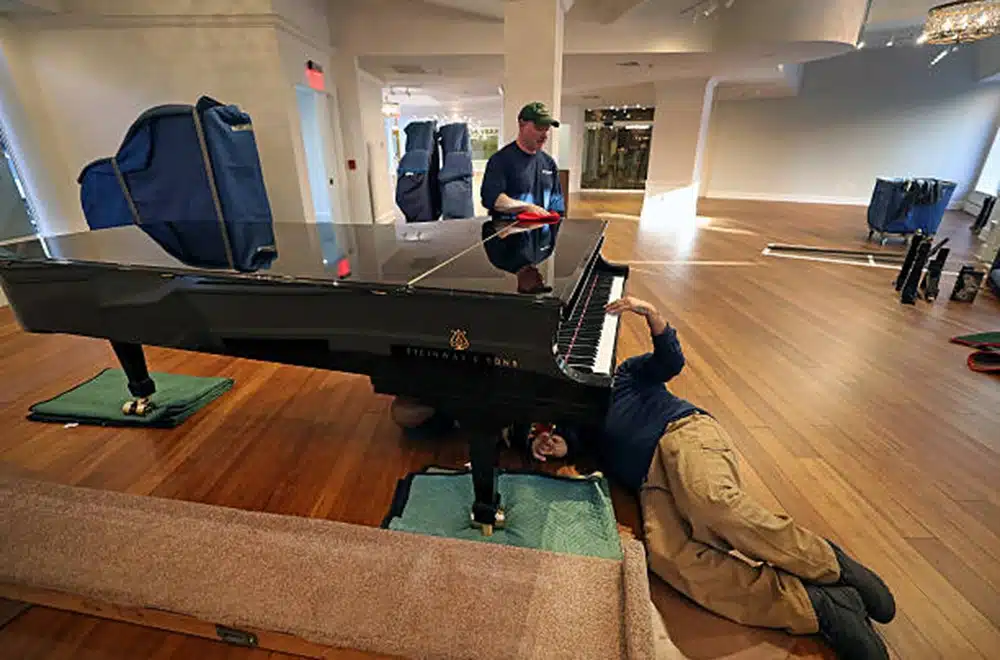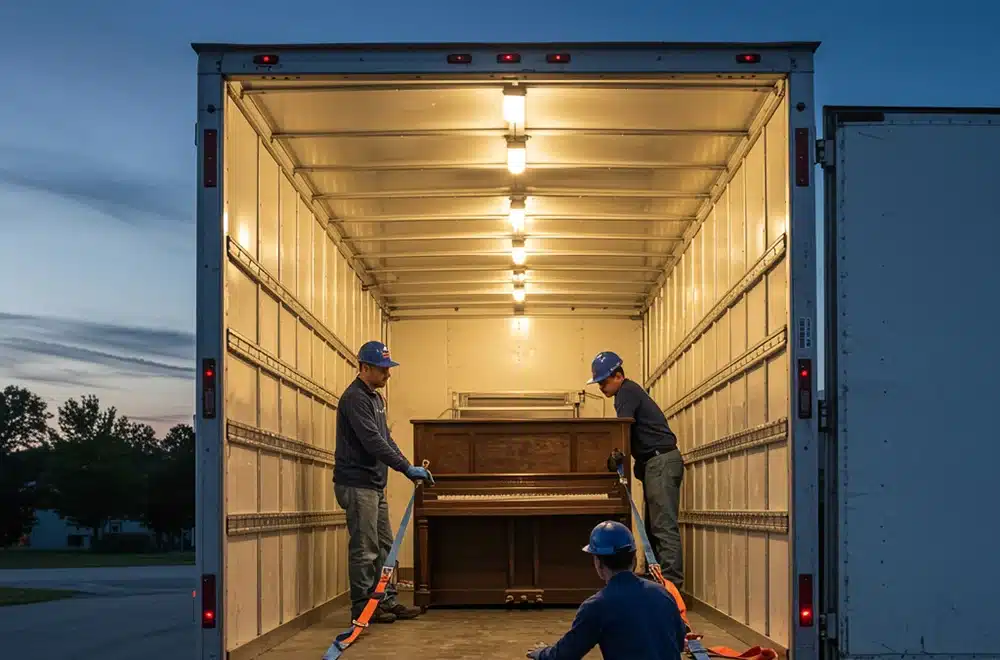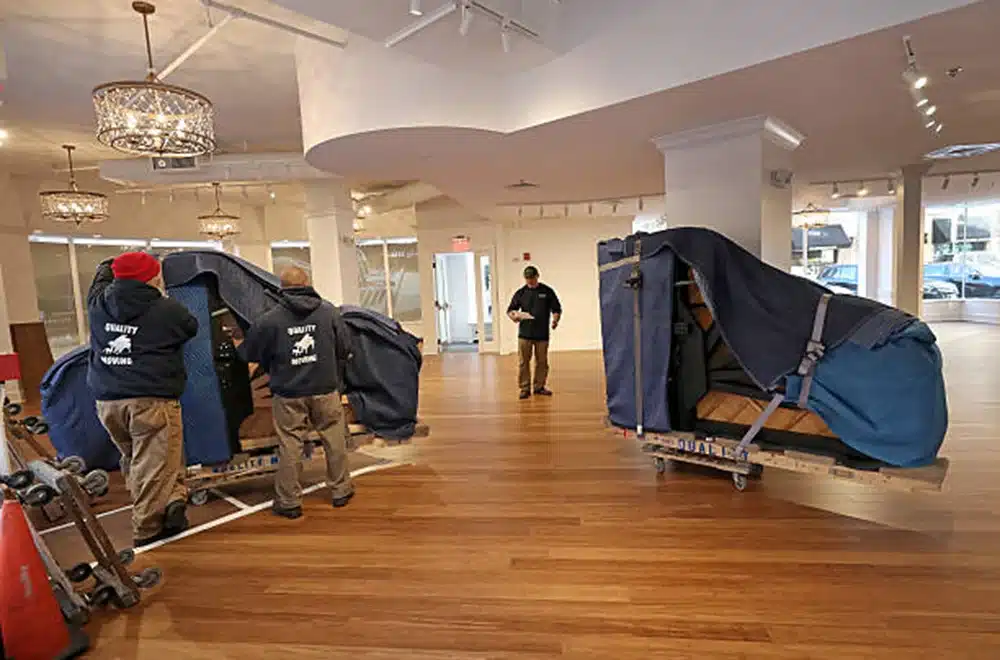As a piano enthusiast, you understand that owning a piano is a substantial investment – not just in terms of money but also in the time and effort it takes to maintain the instrument in optimal condition. Whether you have a grand piano, an upright, or even a digital one, proper care and maintenance are essential to preserving your piano’s value and ensuring its longevity. This informative article will discuss the most significant aspects of caring for your piano, including routine servicing, environmental considerations, and cleaning techniques.
At Piano Movers of Houston, our expertise extends beyond the safe transportation of these cherished instruments to providing valuable insights and advice on their proper upkeep. Here, we will explore essential tips ranging from regulating temperature and humidity levels to maintaining the piano’s tuning and mechanical aspects. This comprehensive guide will aid you in understanding the steps necessary to enhance your piano’s performance, beauty, and lifespan.
The Importance of Monitoring Temperature and Humidity Levels
The primary factors that affect a piano’s well-being are temperature and humidity. Fluctuations in these environmental conditions can damage your instrument – from warping and cracks to tuning instability. To preserve your piano’s value, maintain a stable environment with the following considerations:
1. Temperature: The ideal room temperature for a piano is between 68°F and 72°F. Avoid placing the instrument near heat sources or air-conditioning vents, as sudden changes in temperature can lead to tuning problems or structural damage.
2. Humidity: The optimal relative humidity (RH) level for pianos ranges between 42% and 50%. Maintaining this balance is vital in preventing swelling, cracking, or shrinking of wood components. Invest in a high-quality room humidifier or dehumidifier to regulate RH levels, depending on your local climate.
Regular Tuning and Maintenance of the Piano’s Mechanism
The piano’s intricate system of strings, hammers, and keys requires regular adjustments and service to ensure optimal performance and prevent long-term issues. To maintain a piano in peak condition, consider the following tips:
1. Tuning: Schedule regular tunings by a qualified piano technician, ideally once every six months for new pianos and once a year for older instruments. This frequency can vary depending on usage, climate, and piano age.
2. Voicing and Regulation: Voicing involves adjusting the piano hammers’ density to ensure an even, balanced tone. Regulation entails fine-tuning the piano’s action (the system of levers, springs, and keys) for optimal responsiveness and control. Have these services performed by a professional piano technician.
3. Inspection: Regularly examine your piano for signs of wear, damage, or potential issues, such as loose strings, cracks, or other visible defects. Early detection of problems can help prevent costly repairs or irreversible damage.
Cleaning and Dusting Techniques for a Pristine Instrument
Keep your piano looking its best and functioning optimally with these effective cleaning and dusting tips:
1. Dusting: Gently dust the piano’s surfaces with a soft, lint-free cloth or microfiber duster to prevent any scratches caused by dust particles.
2. Cleaning the Keys: To clean the keys, dampen a soft cloth with a mixture of water and mild dish soap, ensuring that the cloth is not too wet. Wipe each key individually, taking care to avoid any moisture entering the spaces between the keys.
3. Polishing: Use a designated piano polish or a mild furniture polish applied to a microfiber cloth for polishing the piano’s surface. Avoid applying polish directly onto the instrument, as this could leave residue or cause damage to the finish.
4. Strings and Soundboard: Cleaning the soundboard and strings can be quite challenging; it’s best to consult with a professional piano technician for advice on addressing this aspect of piano maintenance.
Protecting Your Piano from External Factors
Safeguard your investment by taking preventative measures against external factors that could potentially harm your instrument:
1. Cover Your Piano: Use a piano cover to protect against dust accumulation and potential damage caused by exposure to sunlight or fluctuating temperature.
2. Beware of Pets and Plants: Keep plants and pets away from your piano, as they can introduce moisture, debris, or damage to the instrument. Water from plants can damage the piano’s finish, and pets can scratch or stain the surface or damage internal components.
3. Moving and Transportation: If relocating your piano, always employ a professional piano moving service, like Piano Movers of Houston, to ensure the safe, proper handling of your instrument.
Harness the Power of Proper Piano Care and Enjoy a Lifetime of Beautiful Music
By understanding and implementing the crucial aspects of proper piano care and maintenance discussed in this article, you can effectively preserve your piano’s value, ensure longevity, and enjoy the instrument’s beautiful sound for years to come. From regulating temperature and humidity levels to tuning, cleaning, and protecting against external factors, a proactive approach to piano upkeep will help maintain the instrument’s performance and aesthetic qualities while saving you from costly repairs and irreparable damage.
Trust the team at Piano Movers of Houston to provide you with expert guidance and unmatched service in all aspects of piano care and relocation. As your dedicated partners in piano maintenance and mobility, we are here to support you in achieving the highest level of satisfaction and enjoyment from your treasured instrument. Reach out to us today for all your piano moving and care needs!
Related Posts

Preparing Your Piano for a Move: What Professionals Do Before It Leaves

Move Your Piano in a Climate-Controlled Transport: Why It Matters
